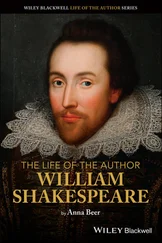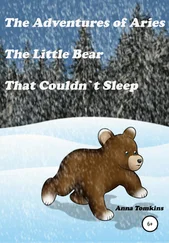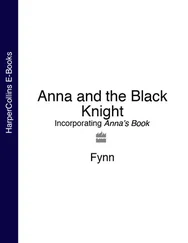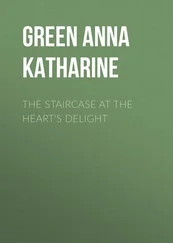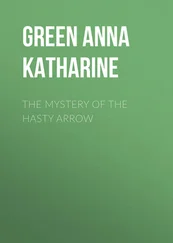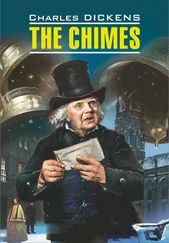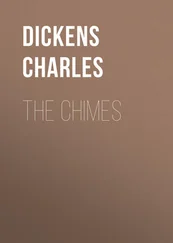I stand in the middle, by the cookstove, which is still warm. I want to go out to the balcony to look at the river, but I don’t risk the boards’ creak.
My hammock is still strung. I long to lie down in it and into darkness. But in my mind Lucien stands in candle circles, tall and pale, his spine flickering live like a flame itself. I see myself standing out of his sight and for once knowing one thing he does not. He cannot see my face, or he would know.
Is there solfege for the word of what I feel? There are hand movements for harmony, accord, consonance. Could it be told in music by the longing in a scale? The urge of the seventh to rise to its octave, the fourth to its dominant? I think of an urgent minor key, of dissonance resolving into sweetness, but it doesn’t really get close to the feeling. Those things are in it, but it is more complicated, less ordered, harder to understand. I walk the two beats up and down my quarters over and over.
I want work, something to learn or do. If I do something, let it be for him, I think. Let there be a discipline. Try to remember, then.
Tonight I have no patience for the currents of chance and luck that might bring the right memory to my hands. I close my eyes and I take hold of my memory bag and turn it upside down.
After a while I open my eyes. What I see is a collection of junk. Strange objects: a shell, a spoon, a paralighter, a muddy burberry, a dog collar. An old leather-bound scorebook. A block of wood with pencil-drawn figures. A scrap of paper ripped down one side. A bar of chocolate, a heavy, rusted mettle lock. I tap a dull rhythm. I try to empty my head, clear and silent but full of waiting, like a crosshouse hall just after an orkestra has finished tuning. I think of my mother and what she was doing and how little I must have known her. Then I reach for the bound score. It is old and from it rises the smell of bleach and dirt. I reach out and open it.
It is not a score at all. Crawling down the pages are the ugly, alien black shapes of code.
I turn the pages. Interleaved within the old parchment, yellowing and brittle, are paper cuttings. They are all in old code too and I have to force myself to look at its dark, angry tangle. I try to study the old signs for meaning, but there are no patterns that I can see, no rhythm. I turn pages presto. Analysis of Specific Allegations with Respect to Acoustic Weapons. Whole-body Vibration and the Human Nervous System. Each page and a different cutting of code in its tight black columns. The Blind Leading the Blind: Convergent Evolution in the Origins of Specialised Hearing. The Potential Effects of Anthropogenic Noise on Birdlife.
All meaningless and I hold the old book by its spine and flick and a burst of colour comes up out of the denseness of code. A picture. A drawing tinted with skill in old ochre and plant dyes. The picture is of a fat man with a long white beard. He holds a sword in one hand, and above him is the sun, growing high in the sky like a strange flower. On each of his shoulders is a winged creature. They cling to the cloth of his cloak with sharp claws like they are clinging on to life. And at the same time a rushing feeling in my ears and I go down…

My mother’s voice. Sun, warm through parasheeting. We are in the forcinghouse again. In front of me, piles of knotted bulbs have been pushed to the edges of an earth-covered table and the smell of bleach is strong in the air.
‘Simon,’ my mother says. ‘Come.’
Before me, she sweeps a clean space on the earth-covered table. Then she reaches under the workbench and draws out a tall red mettle tin. Her hands are shaking so hard she can barely hold the knife she uses to twist the lid. She drops it once, and I step forward to help, but she pushes me back. At last the lid comes off with a reluctant sucking sound. She lifts clear a flat object wrapped in clean blue roughcloth, unwraps it.
A book. Bound in leather like a score. She places it on the bench, and holding one hand with the other for steadiness, she opens it.
From where I look over her shoulder I see that the page is covered with strange black shapes of code. I breathe in sharp.
‘Written words,’ she says, as if she’s lonely for them. ‘Coded ideas. Nobody understands them now.’
‘What were they for?’ I ask.
‘Code was a way of keeping thoughts still. Of helping them stay in formation. Everybody used to understand it, and they could write in it too. It meant that you could return to the ideas when you wanted. Code is a kind of memory.’ She strokes the pages and it’s as if the tremor in her hands calms a little. ‘My mother gave this to me, and now it’s yours.’
She flicks past yellow interleaved pages for a while, and then she nods and I look. It is a picture of a fat man with a beard and two strange creatures clawing tight to his shoulder.
I lean over close so I can see the grain of the colour on the thick pages.
‘What are they?’
‘Birds,’ she says.
‘What?’ I say. It is a word I have never heard before.
‘Birds. They died out. These were the ones called ravens.’
She begins to sing.
‘In the quiet days of power,
seven ravens in the tower.
When you clip the raven’s wing,
then the bird begins to sing.
When you break the raven’s beak,
then the bird begins to speak.
When the Chimes fill up the sky,
then the ravens start to fly.
Gwillum, Huginn, Cedric, Thor,
Odin, Hardy, nevermore.
Never ravens in the tree
till Muninn can fly home to me.’
The song is mournful. It does not make sense. When she finishes, she asks, ‘Do you understand?’
‘No,’ I say.
‘Listen,’ and she sings it again. ‘The meaning is simple,’ she says. ‘It stays simple so we remember. When Chimes came, the birds died. When the birds died, words died. When words died, memory died.
‘ Gwillum, Huginn, Cedric, Thor. Those are the names the song lists.’ She turns the page of the book carefully. ‘Gwillum, Huginn, Cedric, Thor, Odin, Hardy, Muninn … There were seven of them, and they lived in a tower in the city of London. But two of the ravens were more important than the others. Huginn and Muninn. Huginn — that’s the word for an idea, a word picture in your head, something that flies in from outside. Muninn is different. The most important of all. Muninn is another way of saying memory.
‘Before Chimes, the ravens flew all over the world together. Free to fly and haunt and free to look and to understand what they saw. But however far they travelled, they would always return home. Muninn often the last of all, they say, because memory had the furthest distances to travel. Then one day they didn’t come back: Muninn was lost. And with Muninn, human memory, and written words. Ravensguild want to bring Muninn back.’ My mother closes the book. Then she thinks for a second and hands the book to me.
‘For memory,’ she says.
I take it, hold it hard. I empty my mind, and using all my will, I tell the memory to stay in it. I bind it hard with our movements, my confusion, the smell of the forcinghouse, my mother’s words.
‘You see others’ memories,’ I say. ‘You keep them and you help the person to remember.’
‘Yes. But some memories are more important than others,’ she says. ‘Because some memories belong to more than just one person. Like the story of Huginn and Muninn. Some memories tell us about who we are. They need to be kept safe so that things can change for all of us.’
Читать дальше
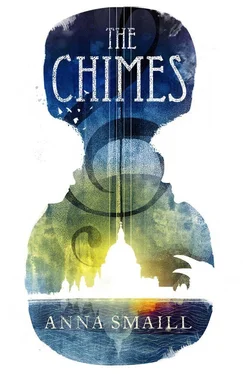


![Чарльз Диккенс - Колокола [The Chimes]](/books/395589/charlz-dikkens-kolokola-the-chimes-thumb.webp)
